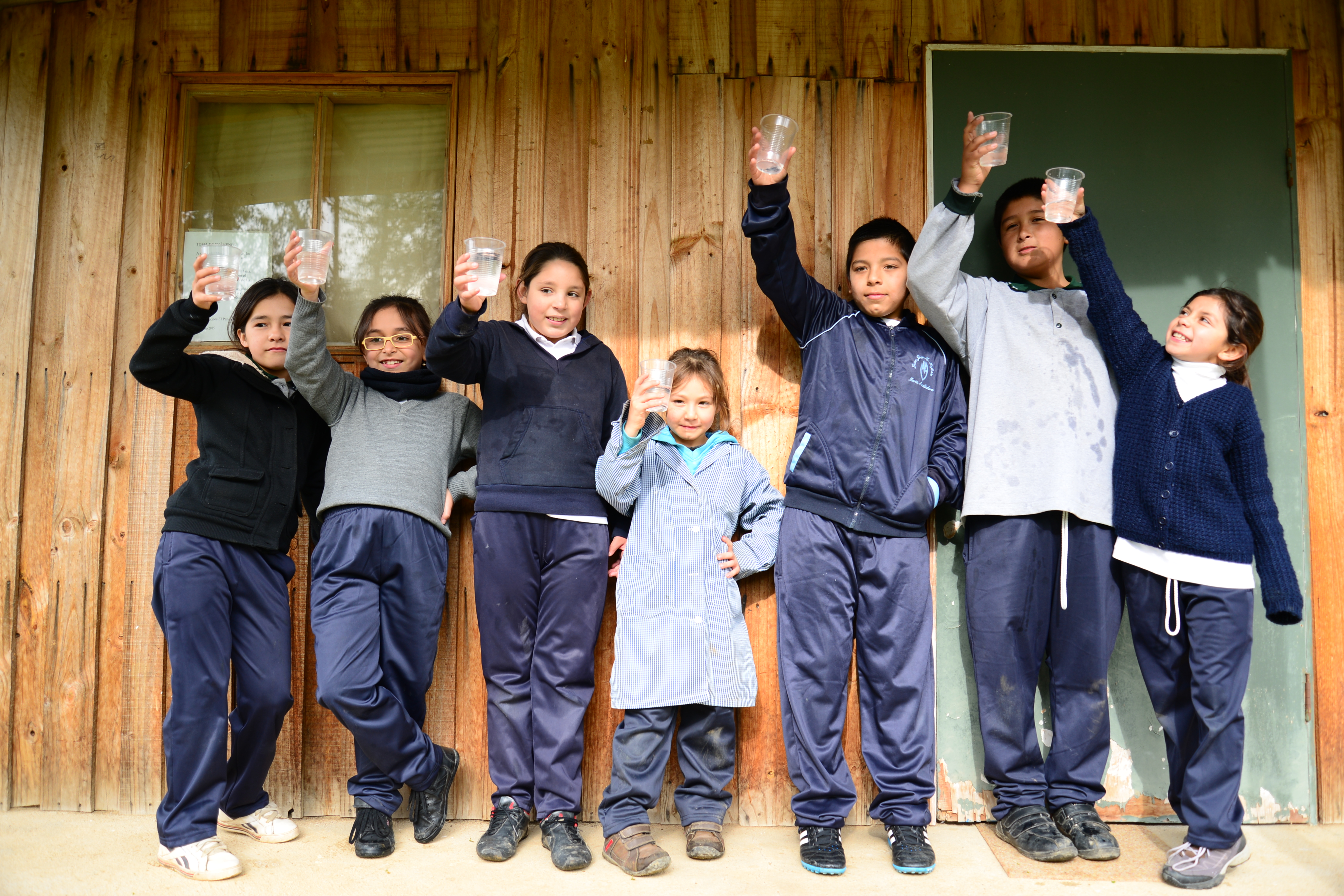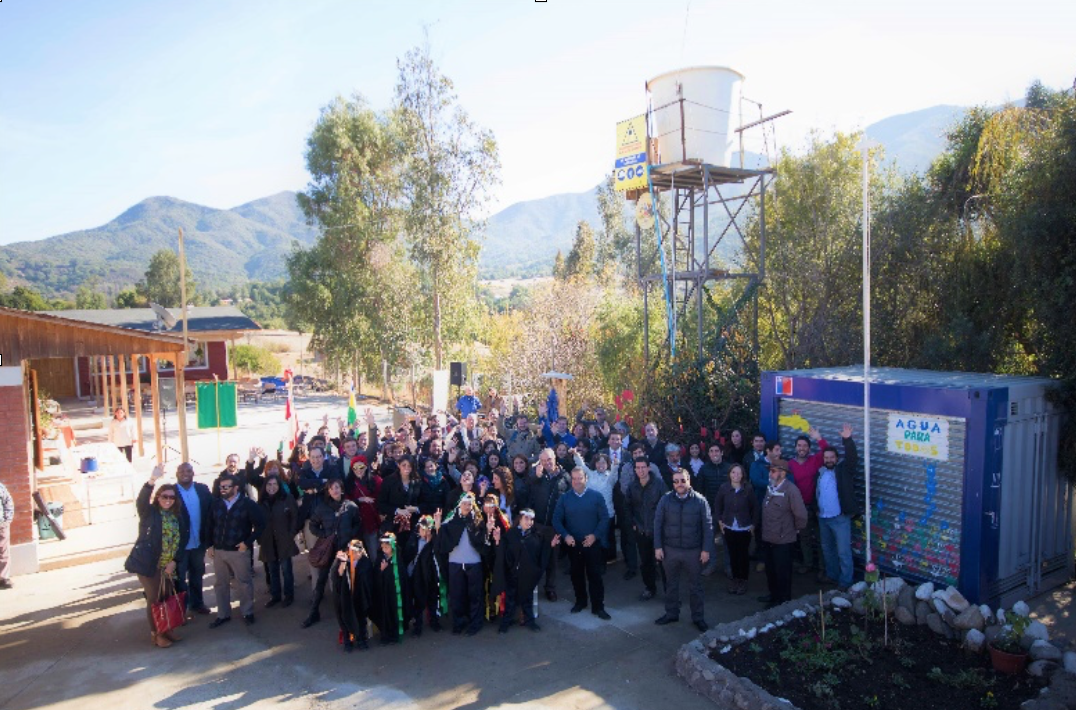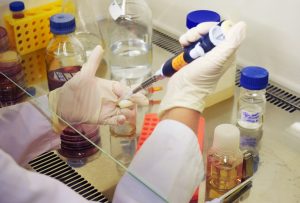


Access to safe and potable water is a fundamental factor for health and human development at all national and local levels. Investments for adequate supply of potable water can provide a net economic benefit by reducing negative impact in the public health, which can cost many times more than the investment in safe water supply.
The high cost and long implementation time – mostly infrastructure-intensive – prevent conventional solutions from solving the urgent needs of drinking water supply in thousands of vulnerable communities.
While the urban potable water statistics in Chile are auspicious – 99,9% coverage according to the Public Safety and Interior Ministry (2015) – there are still rural and peri-urban areas with population that does not have access to sources of safe water. There is only 12% coverage of potable water in semi-concentrated rural areas (Public Works Ministry). Of the 346 listed underserved communities of the country, 80 are in severe water supply stress status, or do not have access to human consumption supply due to drought, contamination or lack of connectivity to the safe water source. (Chile University Newspaper).
Through the Program “Innovation with Purpose: Safe water access for all” we call on Communities, Town Councils, ONGs and Corporations, to identify the issues within their areas of influence and in a collaborative effort, guarantee access to safe and potable water for the most vulnerable people in the country. This public-private effort seeks to integrate objectives, resources, issues and capabilities under the guidance of Alfredo Zolezzi Foundation innovation model.
The program spanning 24 months considers the installation of 2 or more Plasma Water Sanitation System Camp Units – a field unit that is easy to install and operate to solve water pollution problems-. The unit has treatment modules complementary to the plasma, such as activated carbon or reverse osmosis. This assures water potability as well as its quality. These are installed at strategic points such as schools, community centers or health centers, with a distribution system through pipes and faucets.
All of our programs are based on 3 fundamental pillars:
Visible and traceable impact: Periodically, relevant data will be collected through social professionals to monitor the behavior of technical and social variables. This information will be correlated with the real time data delivered by the units that are connected to the platform, which allows visibility of the impact on the quality of life of the people it benefits.
 To address the water issues, it is imperative that we Innovate with Purpose, generating high impact solutions that connect technology with poverty. The answers to the greatest challenges that humanity faces today are of a magnitude that cannot be solved individually by a Government, a multilateral institution, an NGO or a technology. We need to collaborate.
To address the water issues, it is imperative that we Innovate with Purpose, generating high impact solutions that connect technology with poverty. The answers to the greatest challenges that humanity faces today are of a magnitude that cannot be solved individually by a Government, a multilateral institution, an NGO or a technology. We need to collaborate.
¡CONTACT US!

Access to potable water is one of the most complex humanitarian problems; the lack of it has direct impact in the multiplication of poverty in the world. The basic consumption of clean water and hygiene are fundamental for the health of children, families and communities, preventing the spread of diseases and generating favorable conditions for human development. (WHO/UNICEF, 2017).

On July 19th, 2018, the effectiveness of the Plasma Water Sanitation System (PWSS) technology was successfully validated through rigorous microbiological tests performed at the Comparative Molecular Immuno-Physiopathology Lab (LIPMC), of the University of Montpellier - one of the most advanced laboratories in molecular pathology in Europe -.
Leave a Reply